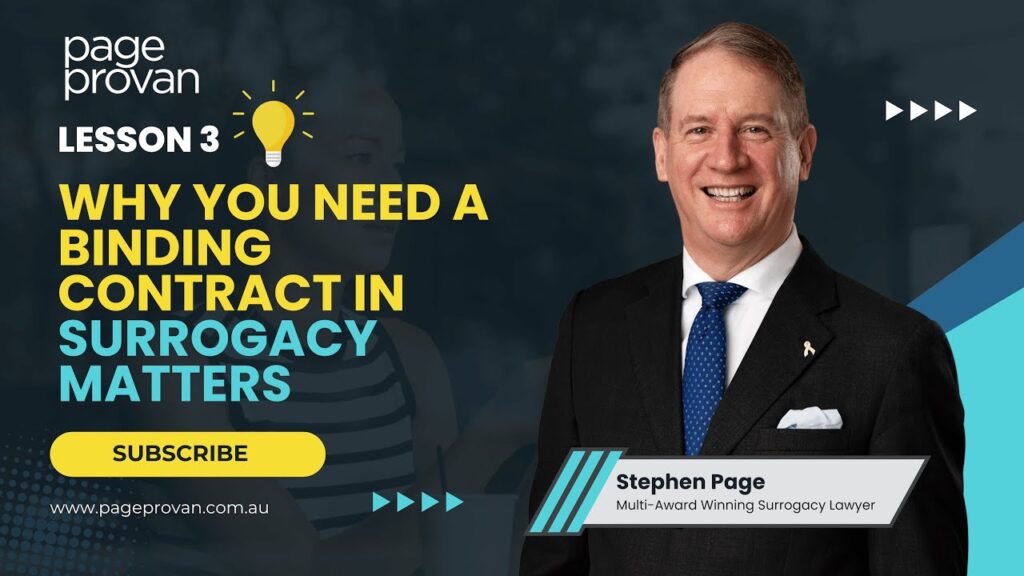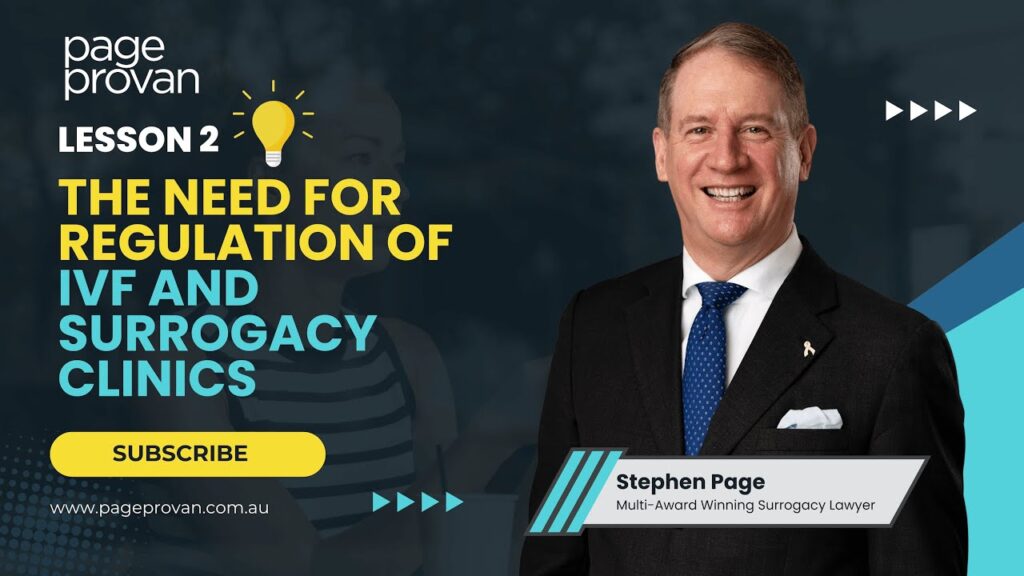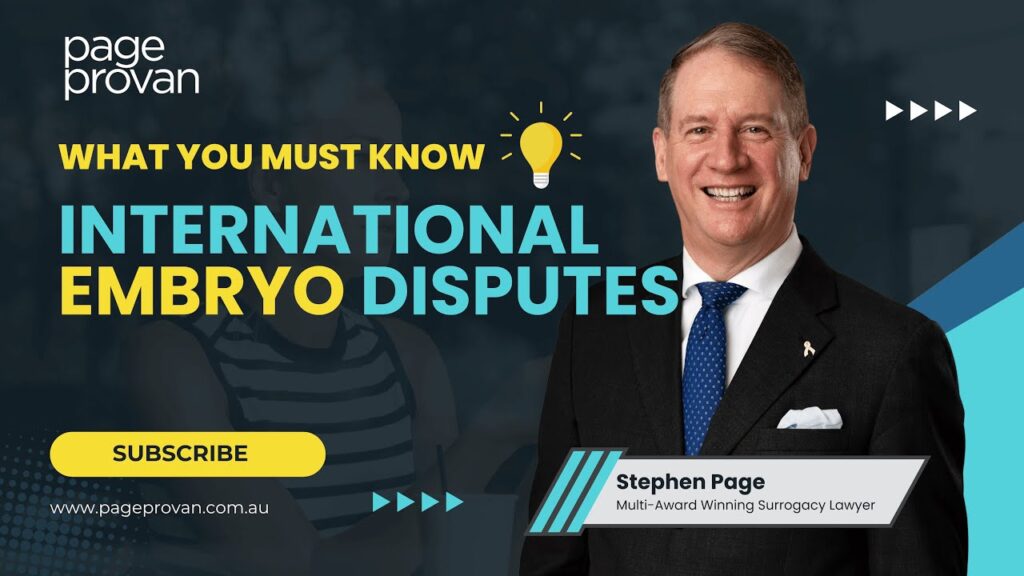Attorney-General McClelland speaks to ABC about family law reports
Attorney- General Robert McClelland spoke on AM this morning:
ATTORNEY-GENERAL
ROBERT McCLELLAND MP
INTERVIEW
ABC RADIO AM WITH LYNDAL CURTIS
FRIDAY, 29 JANUARY 2010
Subject: Family Law Reviews
TREMBATH: The Federal Attorney-General is moving to put the interests of children back at the centre of disputes over custody.
Robert McClelland has released a number of reports into the problems in the family law system, including how family violence is dealt with and a misunderstanding that shared parenting means a 50-50 split in custody. He’s promising an education campaign, but is also prepared to change the law if needed.
Mr McClelland has told chief political correspondent, Lyndal Curtis, the assumption about 50-50 custody has affected the way people approach the courts.
McCLELLAND: It’s being skewed in that people have approached it from the point of view of parents’ rights, whereas consistently, the intention in family law has been what’s in the best interests of the child.
So, it has been the case, the evidence shows in these reports that, regrettably, there have been instances where people have resolved cases, settled cases, on the assumption that the law intends an equal split of time.
CURTIS: How then do you fix it? Does it require a change to the law?
McCLELLAND: Well, there was different advice there.
The Family Law Council suggested an education program may be adequate, and, certainly, the reports themselves, highlight what the correct law is, that while the community supports and the law states the desirability of shared involvement or shared parental responsibility, the law isn’t that the court presumes that there will be a sharing of time, and getting that message out will be first and foremost.
CURTIS: The report’s also raised concerns about the way the courts deal with problems of family violence and allegations of family violence. Has enough been done or does there need to be legal change there?
McCLELLAND: On the facts, it’s not occurring and that is an area of concern.
CURTIS: Not occurring in what way? It’s not being treated as seriously as it should be, there are disincentives to people raising allegations of violence?
McCLELLAND: There are three suggested disincentives.
One is a technical document called a ‘Form 4’ that needs to be filed before the issue is activated. But there is also a potential cost disincentive if the allegation is made and not sustained. There is also a provision that considers where the parent has been a ‘cooperative parent’ as a factor considered by the court.
CURTIS: Is a result of this that children are going back into violent homes?
McCLELLAND: The answer to that is, potentially, and it needs to be addressed.
CURTIS: There will be some people who will be disappointed that the idea, the possibility of 50-50 custody seems to be being moved away from. How do you address their concerns that their rights will be adequately addressed?
McCLELLAND: Well, I’m going to say up front, that the rights that the legislation and the Parliament is most concerned with are the rights of children.
While the Parliament has, and continues to reflect the community desire that there be shared parental responsibility, at the end of the day, it is for judges and magistrates to decide what is in the interests of each specific child who is in front of them in each specific case.
It’ is not for Parliament or any interest group to declare presumptions as to what is in the best interests of each and every child.
The best interest of each and every child needs to be considered in the context of that specific child, and that will be the focus of any reforms.
TREMBATH: The Federal Attorney-General, Robert McClelland, speaking to Lyndal Curtis.












